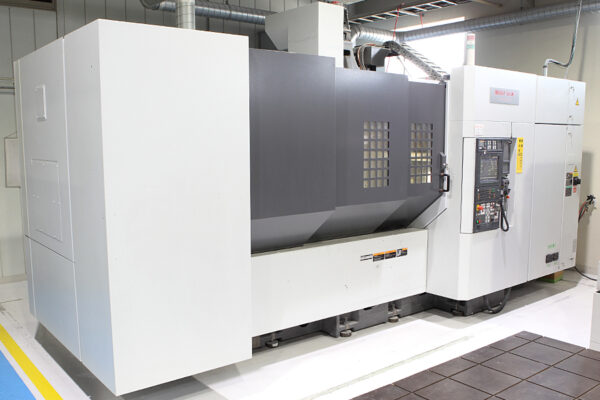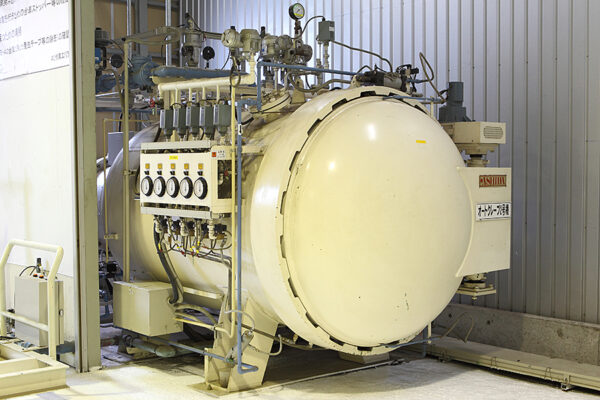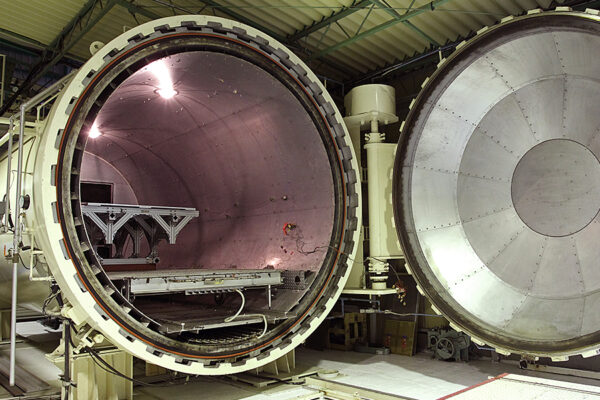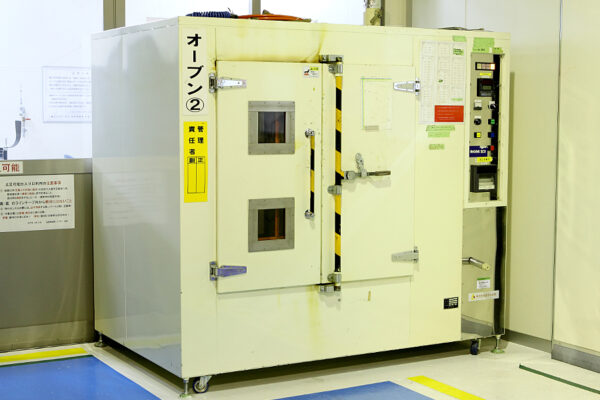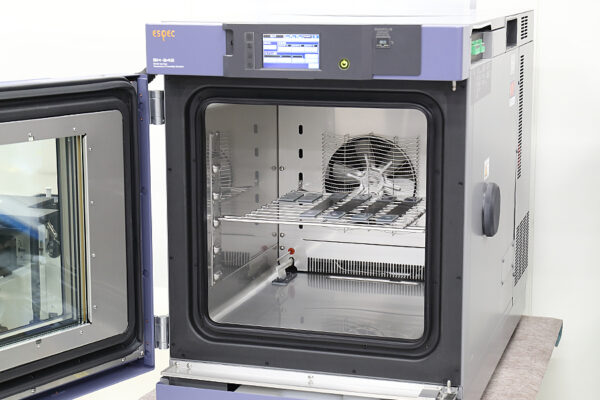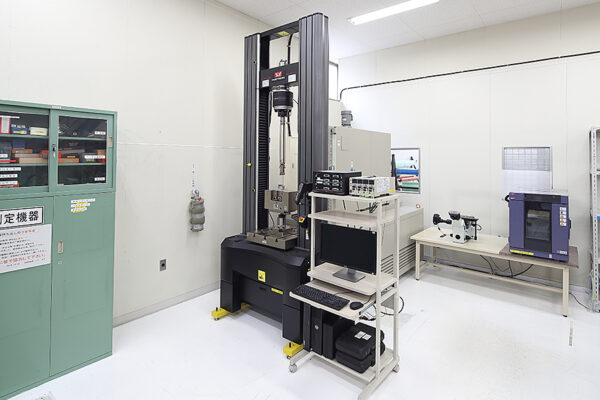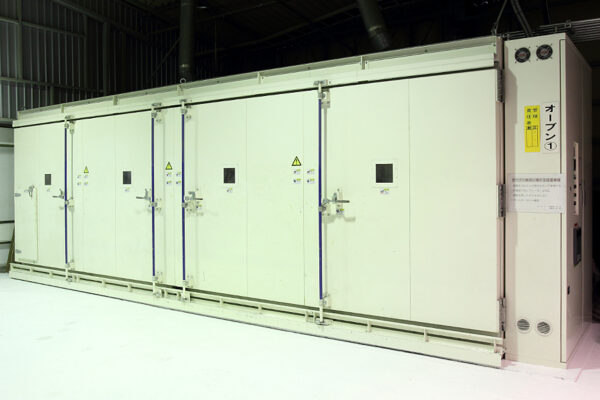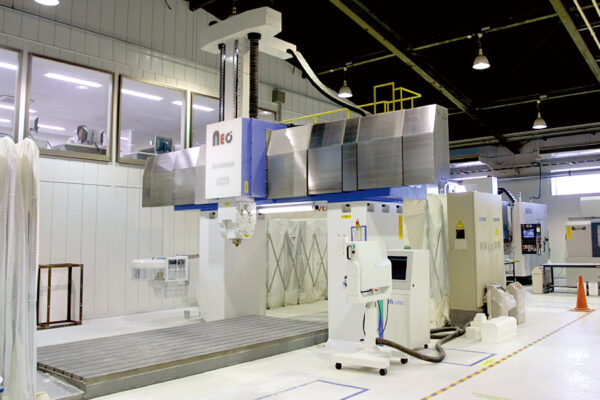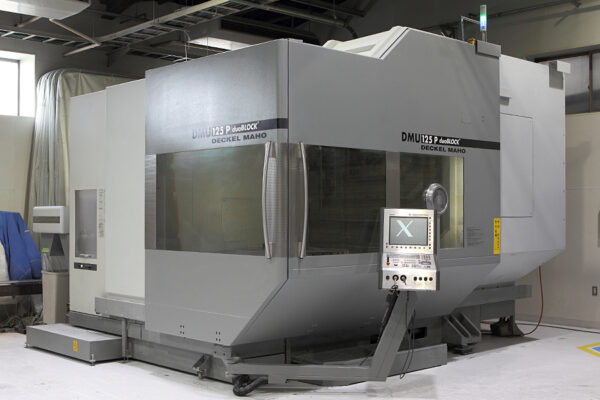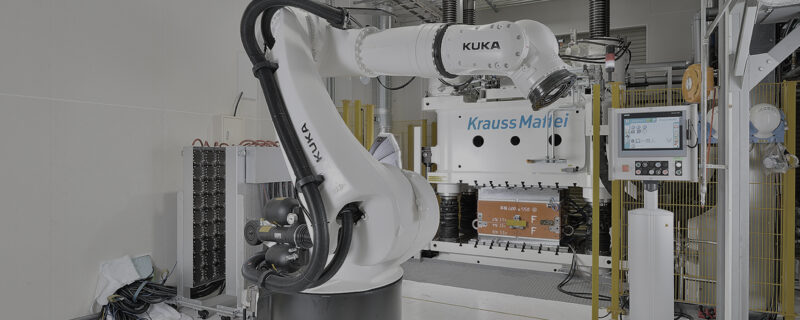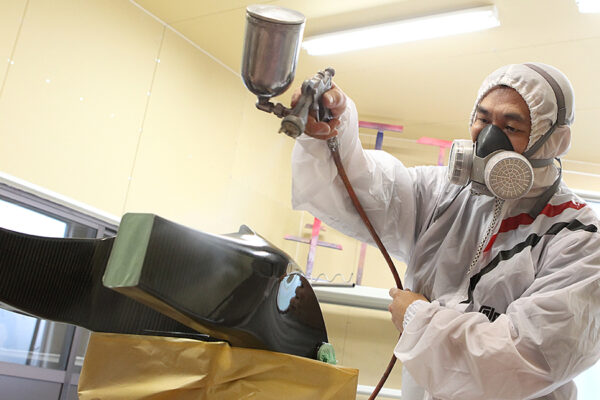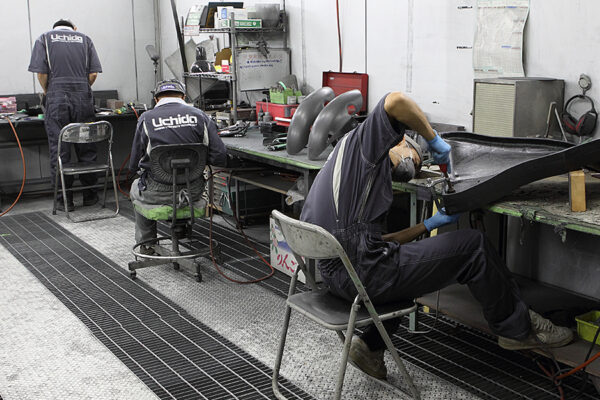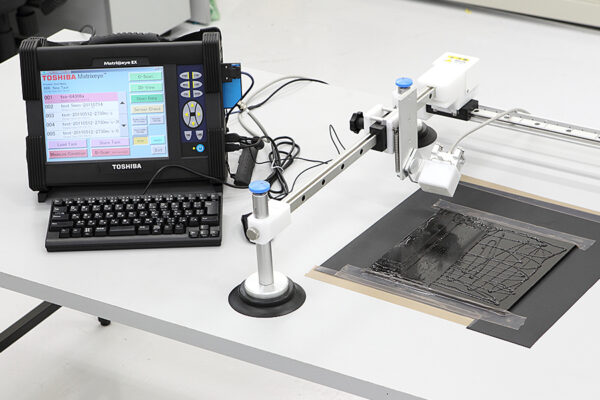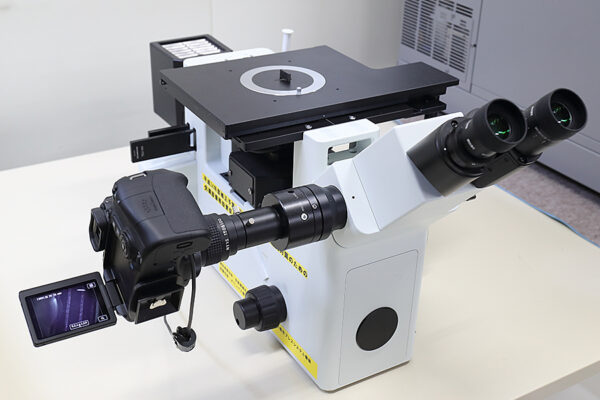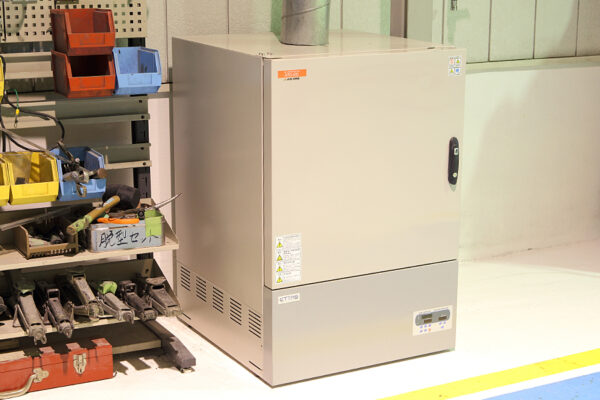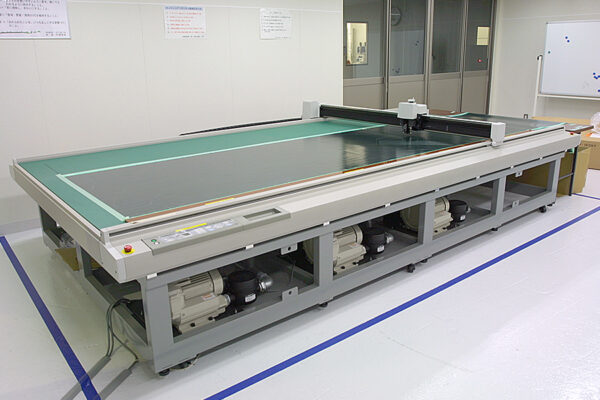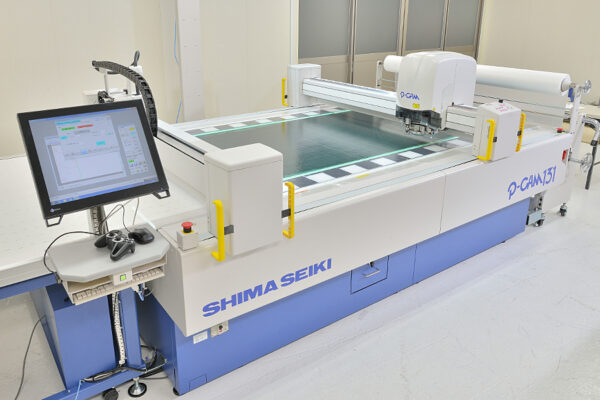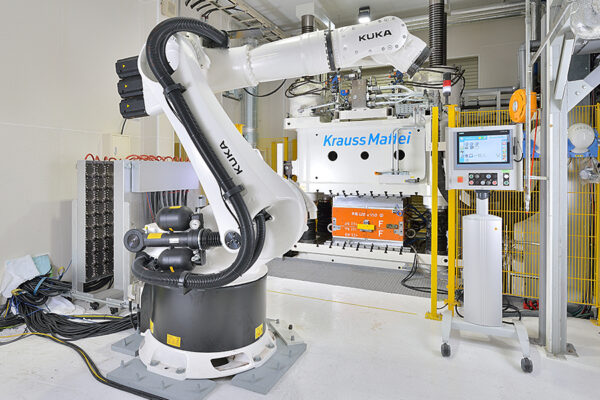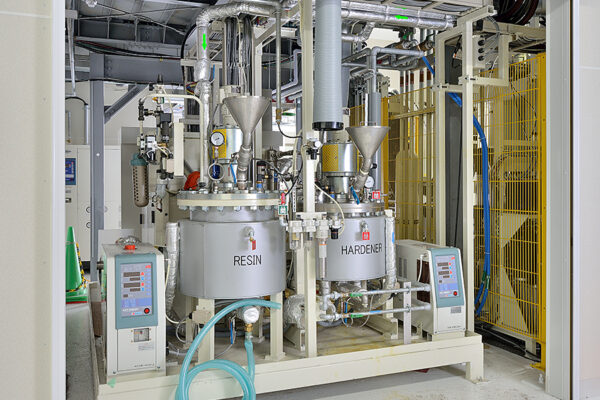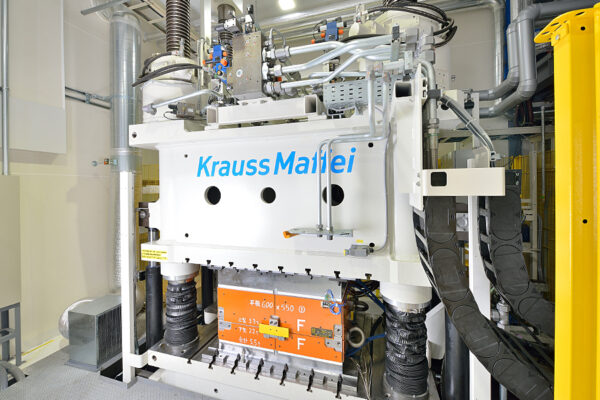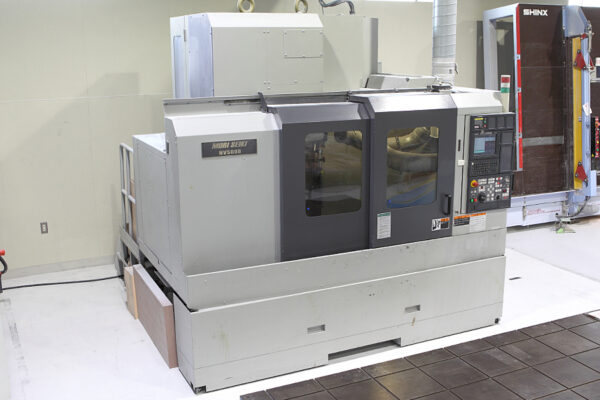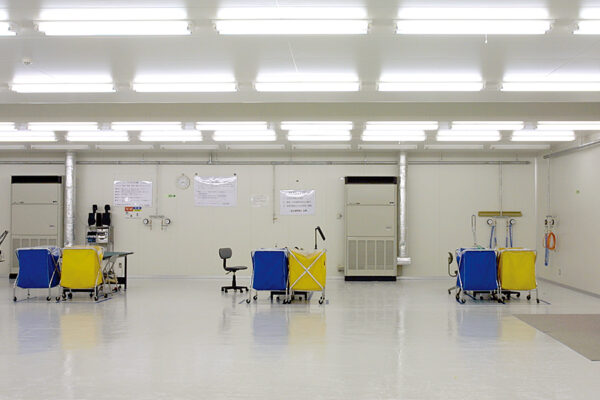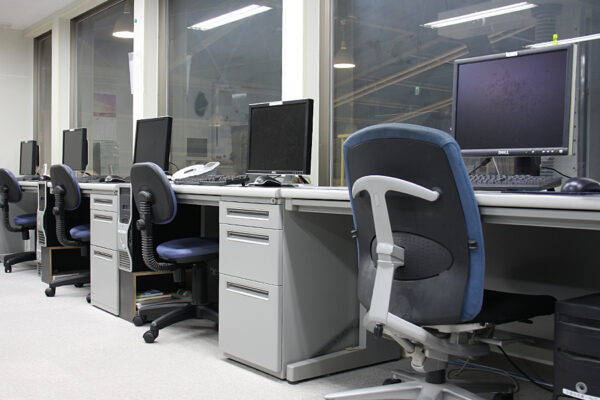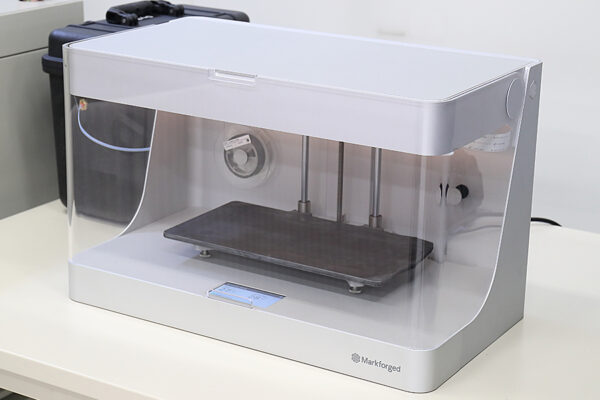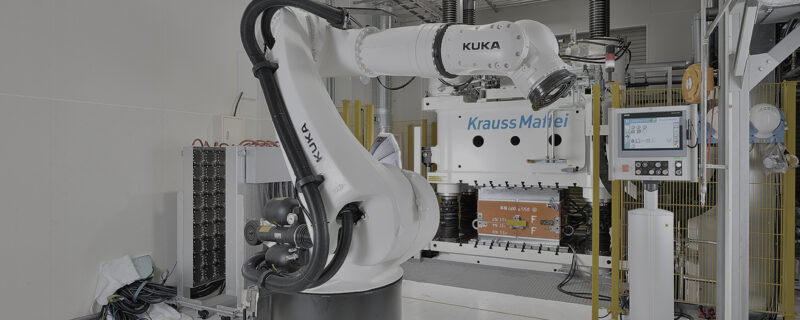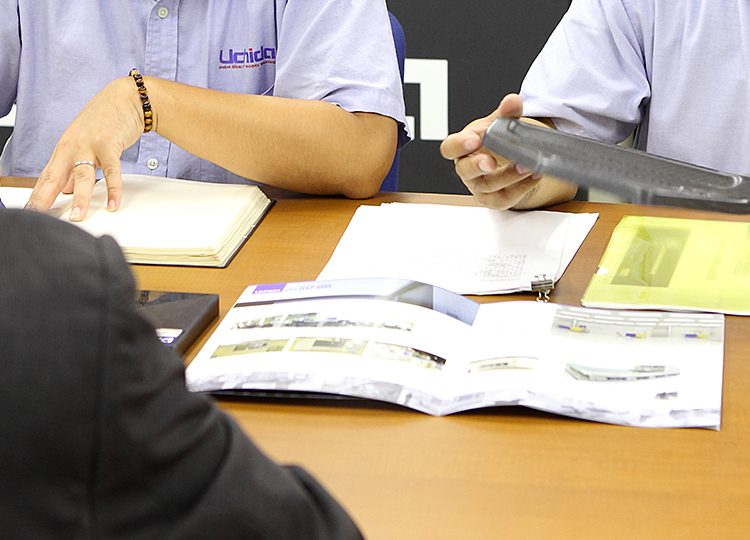Introduction
Heat-resistant resins are plastic materials that maintain their physical properties in high-temperature environments and are resistant to deformation and degradation. They are widely used in fields such as electronic components, aerospace, medical equipment, and automobiles. This column introduces the types and characteristics of typical heat-resistant resins.
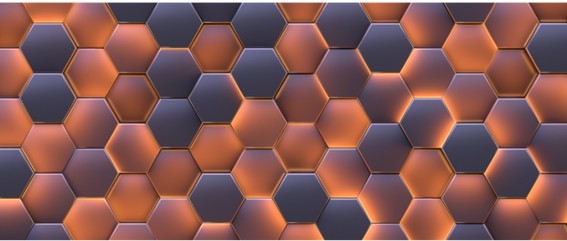
polyimide (PI)
– Heat resistance: 300°C or higher
– Features: Extremely high heat resistance, chemical resistance, excellent mechanical properties.
– Applications: electronic substrates, aerospace components, heat resistant wire coatings.
polyphenylene sulfide (PPS)
– heat resistance temperature: approx. 260°C
– features: high heat resistance, chemical resistance, and mechanical strength.
– Applications: automotive parts, electrical and electronic parts, pump parts.
polyetheretherketone (PEEK)
– heat resistance temperature: approx. 250°C
– features: high heat resistance and chemical resistance, also excellent mechanical strength.
– Applications: Medical equipment, aerospace parts, semiconductor manufacturing equipment parts.
polyetherimide (PEI)
– heat resistance temperature: approx. 200°C
– features: high rigidity and flame resistance, excellent electrical insulation properties.
– Applications: electrical and electronic components, aircraft interior materials.
liquid crystal polymer (LCP)
– heat resistance temperature: approx. 280°C
– features: high dimensional stability, excellent heat and chemical resistance.
– Applications: Connectors, electronic components.
fluoropolymers (PTFE, PFA, FEP)
– Heat resistance temperature: approx. 260°C (depending on type)
– Features: excellent heat and chemical resistance, non-adhesiveness.
– Applications: chemical equipment parts, heat-resistant seals, insulating materials.
silicone resin
– Heat resistance temperature: approx. 250°C
– Features: Excellent heat resistance, weather resistance, and electrical insulation.
– Applications: Heat-resistant sealing materials, electrical parts, medical equipment.
Conclusion
Heat-resistant resins can improve durability and safety by selecting the appropriate resin for the operating environment and application. In particular, these resins play an important role in industries that require use in high-temperature environments.
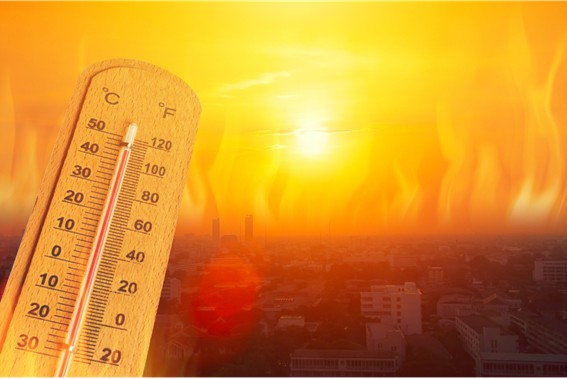
Related useful contents
You can explore related content by clicking on a topic of interest.
ABOUT UCHIDA - 55 years since our founding
We leverage a wealth of technical expertise as a CFRP molding and processing manufacturer using FRP, GFRP, and CFRP materials. We offer a one-stop solution, encompassing design, analysis, manufacturing, secondary processing, assembly, painting, quality assurance, and testing.
We have cutting-edge equipment to ensure that we can address even the most advanced challenges of our customers.
DMG森精機 - VS1000/40/2050
X軸:2,050mm(ストローク) / Y軸:1,000mm / Z軸:600mm / テーブル作業面:2,250×1,000mm
ASHIDA MFG Co., Ltd.
Autoclave Oven 2
Size : Ø1,150x1,000mm / Operating temperature : at normal temperature - 400℃ / Design pressure : 2.0Mpa (maximum working pressure) / Vacuum system : back suction system / Vacuum units : 5
ASHIDA MFG Co., Ltd.
Autoclave Oven 3
Size : Ø3,000x6,000mm / Operating temperature : at normal temperature - 200℃ / Distribution accuracy : ±2.5℃less / Heating rate : 4.0℃/min. (empty furnace) / Cooling rate : 4.0℃/min. (empty furnace) / Design pressure : 0.99Mpa (maximum working pressure) / Working pressure : 0.7Mpa less (if no specification from the manufacuturer 0.3Mpa around) / Pressure accuracy : ±0.02Mpa(for pressure setting of 0 - 0.99Mpa/cm²) / Boost pressure accuracy : 0 - 0.03Mpa/min / Pressure source : compressed air (regular use) / Vacuum system : back suction system / Vacuum units : 10
Oven
Size : W1,000xH1,000xD1,000mm / Temperature range : Environmental Temperature +20 - 300℃ / Temperature elevation capability : Environmental Temperature (20 - 40℃) - 300℃ / 45min less / Vacuum system : back suction system / Vacuum units : 10
ESPEC CORP.
Temperature & Humidity Chamber
INSTRON
Static Universal Testing Machine 5985
Oven
Size : W7,000xH3,000xD2,000mm / Temperature range : Environmental Temperature +20 - 300℃ (Max) / Temperature elevation capability : Environmental Temperature (20 - 40℃) - 300℃ / 60min less / Vacuum system : back suction system / Vacuum units : 10
NEO
X axis : 4,000mm (stroke) / Y axis : 2,000mm / Z axis : 1,200mm / C axis : 0° - ±270° / B axis : 0° - ±110° / Table working place : 4,000x2,000mm
【開発】
3Dプリンター | Markforged
Painting booth
Various painting, and clear finish is done in dedicated painting booth
Adhesion, Finishing, Coating Room
Finishing process, such as trimming, drilling, and bonding, surface treatment of the molded product type and is done in a private booth
Toshiba Matrixeye EX (Ultrasonic flaw detector)
Matrix-Arrey : 32
AMETEK CREAFORM Metra
SCAN750 Elite (3D scan)
Olympus Corp.
Inverted Microscopes
Oven
Size : W450xH450xD450mm / Temperature range : Environmental Temperature +20 - 650℃ / Temperature elevation capability : Environmental Temperature+50 - 650℃/120min less
Cutting Plotter Table working place : W1,500xL3,500mm
SHIMA SEIKI MFG., LTD
Cutting Plotter
Krauss Maffei
Epoxy resin injection machine Resin 60L / Hardener 25L
Krauss Maffei
630t Press machine Height total 5,200mm / Length max 1,500mm / Width max 1,200mm / Whole cycle time per component part 240sec
DMG森精機 - NV5000B/40
X軸:1,020mm(ストローク) / Y軸:510mm / Z軸:510mm / テーブル作業面:1,320×600mm
Big sized clean room
JIS B 9920 cleanliness class maximum concentration (Pcs/m³) / Class 5 : 100,000m³ / Capacity : m² (16,000x16,000mm) 760m² (16,000x16,000x3,000mm) / Temperature and humidity condition : Temperature : 23℃±3℃, Humidity 65% less / Ambient conditions : Temperature 35℃ during summer, Humidity 70% less / Ambient conditions : Temperature 35℃ during summer, Humidity 70% less / Temperature -5℃ during winter, Humidity 40% less
CAD / CAM
CATIA V5 : 2 / THINK DESIGN : 1 / MASTER CAM : 4 / Other 3D/CAD : 3 / Other 2D/CAD : 5
In the following video, we provide a detailed overview of our manufacturing process. Please feel free to watch and learn more.




